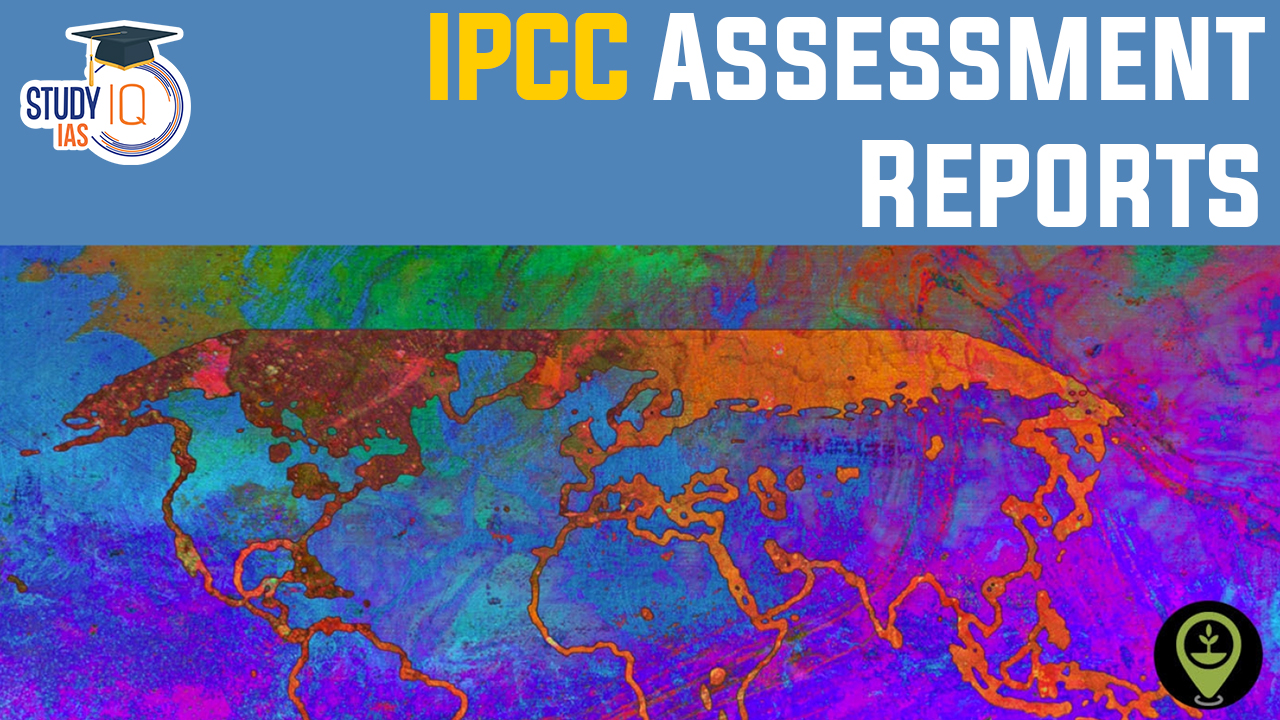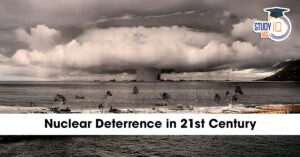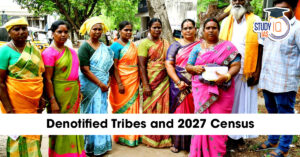Table of Contents
Context
- A recent study scrutinised over 500 emissions scenarios from the IPCC’s reports, uncovering persistent disparities.
- Despite global efforts, developed nations are projected to maintain higher income, energy use, and emissions rates compared to their developing counterparts until 2050.
About IPCC Assessment Reports
- What are they?
- Comprehensive reports by the Intergovernmental Panel on Climate Change (IPCC).
- Assess climate-related scientific literature.
- Capture the state of knowledge on climate change (science, technology, socio-economics).
- Structure of Reports:
- Three Working Group Reports:
- Physical Science – climate system and climate change.
- Climate Adaptation – impacts, vulnerability, and adaptation strategies.
- Mitigation Action – reducing greenhouse gas emissions and limiting warming.
- Synthesis Report – consolidates findings from the Working Groups.
- Thematic Special Reports – address specific climate change aspects.
- Three Working Group Reports:
- Current Stage: IPCC is currently in its Seventh Assessment Cycle (AR7).
We’re now on WhatsApp. Click to Join
How IPCC Assesses Future Scenarios?
- Method: Uses “modelled pathways” to estimate actions needed to limit global warming.
- Tools: Integrated Assessment Models (IAMs) that combine human and earth systems.
- Consider various aspects:
- Macroeconomic models – project future economic growth (GDP).
- Energy models – project future energy consumption.
- Vegetation models – examine land-use changes.
- Earth-system models – understand how climate evolves based on physics.
- Consider various aspects:
- Goal: Provide policy-relevant guidelines on climate action.
Shortcomings of Current Models
- Focus on Least:
- Cost Solutions: Prioritizes cost-effectiveness, not equity. (e.g., setting up solar plants might be cheaper in India than the US).
- Ignores Equity Considerations:
- Doesn’t account for the historical responsibility of developed countries for high emissions.
- Doesn’t consider the future energy needs of developing countries for development.
New Study Findings on IPCC Scenarios (AR6)
- Analysis: 556 future emissions scenarios from IPCC’s Sixth Assessment Report (AR6).
- Findings:
- Disparity between developed and developing countries persists: Income, energy use, and emissions disparities between developed and developing countries persist until 2050.
- Sub-Saharan Africa, South Asia, and most of Asia (60% of the global population) will have lower GDP per capita than the global average even in 2050.
- Similar inequities exist in the consumption of goods and services, energy, and fossil fuels between developed and developing countries.
- Unequal burden of mitigation: Developing countries are projected to take on a higher burden of:
- Land-based carbon sequestration (e.g., forests).
- Carbon Capture and Storage (CCS) technologies.
- Disregards historical responsibility: Developed countries have emitted more historically
- Ignores development needs of the Global South: Poorer countries may need more energy for development
- Disparity between developed and developing countries persists: Income, energy use, and emissions disparities between developed and developing countries persist until 2050.
Why Equity Matters in Climate Action?
- UN Framework Convention on Climate Change (UNFCCC):
- Principle of Equity: tackling climate change requires a fair approach.
- Principle of Common but Differentiated Responsibilities: richer countries have a greater responsibility due to historical emissions. (Article 3 of UNFCCC)
- Current Mitigation Pathways:
- Modelled using IAMs, often disregard equity principles.
- Focus on global technical and economic feasibility, not fairness.
- Developed countries need to take the lead in reducing emissions and make resources available to developing countries.


 Why Iran Matters More Than Venezuela: En...
Why Iran Matters More Than Venezuela: En...
 Nuclear Deterrence in 21st Century: Is I...
Nuclear Deterrence in 21st Century: Is I...
 Denotified Tribes and 2027 Census: Deman...
Denotified Tribes and 2027 Census: Deman...

























